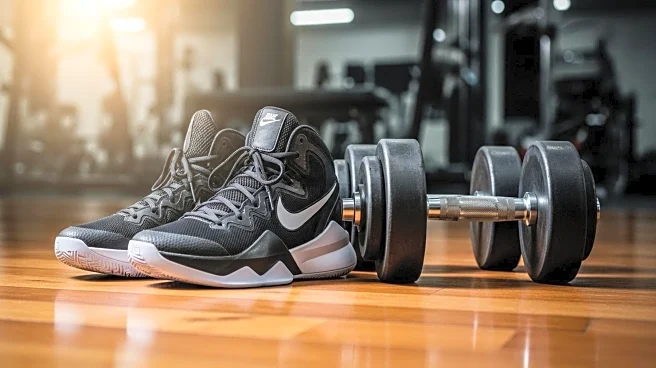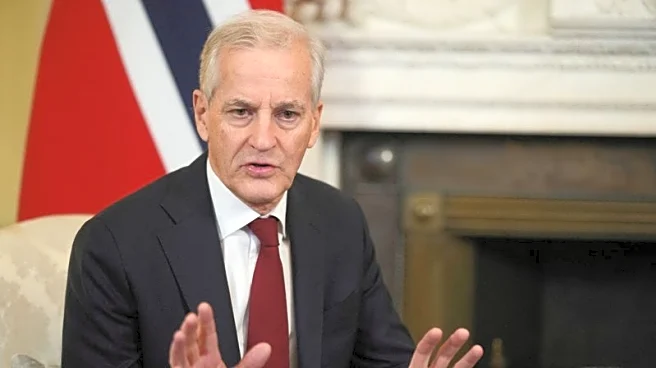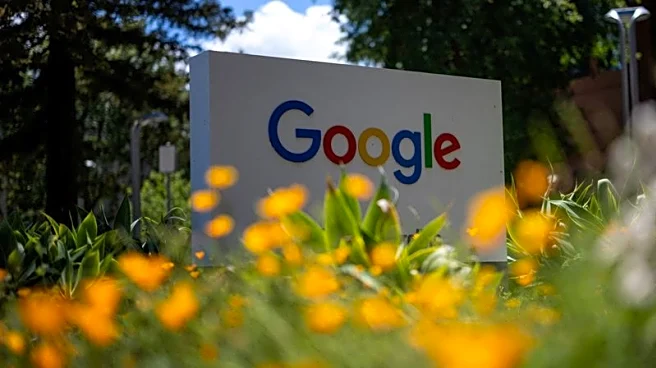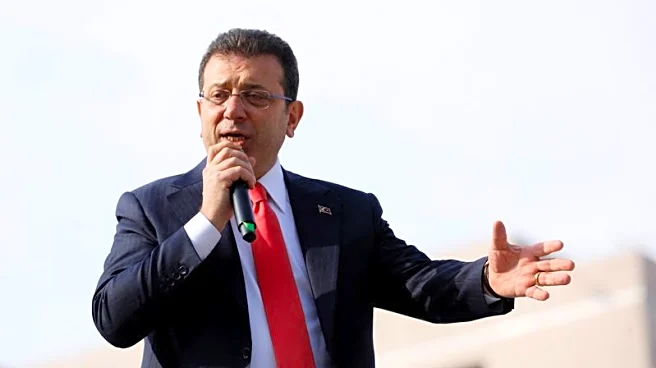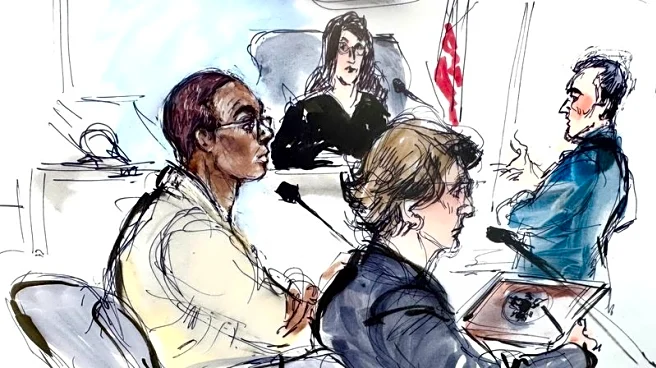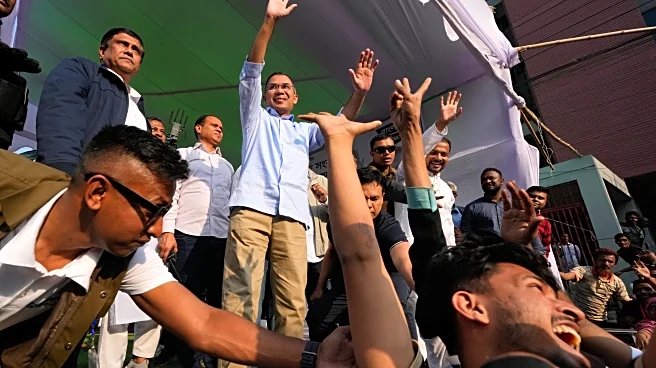What's Happening?
Zion Williamson, the New Orleans Pelicans forward, is receiving guidance from Joe Dumars, the executive vice president of basketball operations, as he prepares for the upcoming NBA season. Williamson, who has struggled with injuries, played only 30 games last season. He has engaged in candid discussions with Dumars and general manager Troy Weaver, focusing on his conditioning and accountability. Williamson expressed his commitment to not letting the team down and is motivated by the belief and support from the Pelicans' management. This season, Williamson aims to meet the high standards set by Dumars and Weaver, who are impressed with his dedication to improving his physical condition.
Why It's Important?
Zion Williamson's commitment to conditioning and accountability is crucial for the New Orleans Pelicans as they aim to improve their performance in the upcoming NBA season. Williamson's health and readiness are vital for the team's success, given his potential as a key player. The Pelicans have faced challenges with injuries in the past, and Williamson's proactive approach could lead to a more stable and competitive season. His ability to stay healthy and perform consistently could significantly impact the team's standings and playoff prospects, offering hope to fans and stakeholders invested in the Pelicans' future.
What's Next?
As the NBA season approaches, Zion Williamson's progress in conditioning and accountability will be closely monitored by the Pelicans' management and fans. The team's performance will depend on Williamson's ability to stay injury-free and contribute effectively on the court. The Pelicans are expected to strategize around Williamson's strengths, potentially adjusting their gameplay to maximize his impact. The management's support and Williamson's commitment could lead to a promising season, with the potential for the Pelicans to exceed previous expectations and secure a better position in the league.
Beyond the Headlines
Zion Williamson's journey towards improved conditioning and accountability highlights broader themes of athlete management and personal development in professional sports. The Pelicans' approach to supporting Williamson reflects a growing trend in sports management, where mental and physical health are prioritized alongside performance metrics. This development could influence how teams manage their players, emphasizing holistic support systems that foster long-term success and well-being. Williamson's case may serve as a model for other teams dealing with injury-prone athletes, promoting a culture of accountability and resilience.
